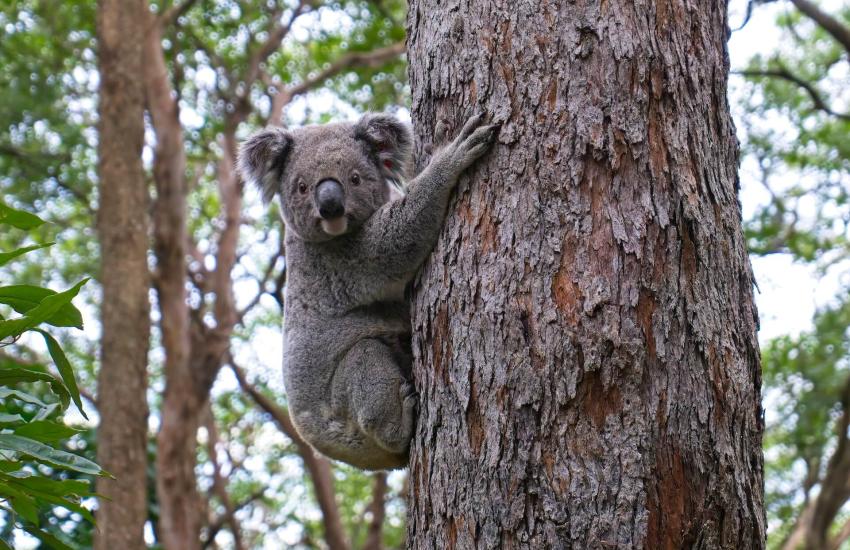Breadcrumb
-
Guidebook
-
Animals & wildlife
-
How Wildlife Conservation Affects Us
Ripple Effect: How Wildlife Conservation Affects Us

While the benefits of preserving wildlife may not always be immediately apparent, the impact ripples through our ecosystems, economies, health, and overall well-being. Let us understand the various ways wildlife conservation directly influences us.
Ecosystem Services:
Some essential ecosystem services help in sustaining our daily lives. Pollination by bees, butterflies, and other insects ensures the reproduction of plants, including those that produce our food are some examples. Healthy ecosystems also purify our air and water, regulate climate patterns, and prevent soil erosion. By conserving wildlife, we maintain the intricate web of life that sustains these critical ecosystem services.
Biodiversity and Resilience:
Preserving wildlife enriches and diversifies life on our planet. The ability of ecosystems to respond to environmental stressors and recover is strengthened by biodiversity, which is essential. When species variety declines, ecosystems become more vulnerable to diseases, invading species, and the consequences of climate change. Wildlife conservation is critical for ensuring the natural world's stability and good functioning, which is essential for our survival.
Economic Benefits:
Wildlife conservation and mindful tourism are closely intertwined, bringing substantial economic advantages. Protected zones like national parks and wildlife reserves draw visitors worldwide, leading to job opportunities and economic growth in local communities. Tourism centered around wildlife, such as safaris, birdwatching, and eco-tours, not only creates employment but also supports local enterprises and contributes revenue to conservation endeavors. Safeguarding habitats of wildlife ensures the lasting appeal of nature, which, in turn, sustains a thriving tourism sector.
Health and Well-being:
Our bond with nature and wildlife goes deeper than just economics—it significantly impacts our health and overall happiness. Being in natural settings, appreciating wildlife, has been proven to lower stress, boost mental well-being, and enhance our overall quality of life. Conservation initiatives that safeguard green areas, parks, and natural habitats give us chances to unwind, find recreation, and nurture our spirituality. When we protect wildlife, we're essentially investing in our well-being and contentment.
Cultural and Spiritual Significance:
Wildlife holds deep cultural and spiritual significance for many societies around the world. Indigenous communities, for instance, have strong cultural ties to wildlife, considering certain species as sacred and integral to their identity. Preserving wildlife allows us to honor diverse cultural heritages, respect traditional knowledge, and foster a deeper understanding and appreciation of our shared humanity.

